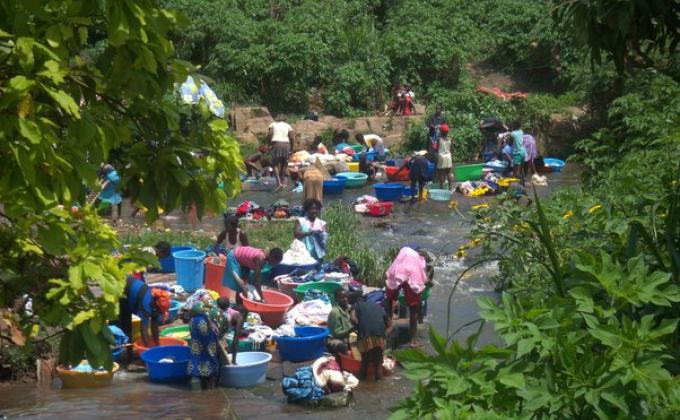In spring 2014, ICCT commenced a long-term project on countering the appeal of terrorism in Nigeria and building community resilience. The project is funded by the United Nations Counter-Terrorism Implementation Task Force (CTITF) within the framework of the Integrated Assistance for Countering Terrorism (I-ACT) Initiative, and is carried out by ICCT jointly with the Human Security Collective / Cordaid (HSC) and the Office of the National Security Advisor (ONSA) in Nigeria.
During a fact-finding mission to Nigeria on behalf of CTITF, ICCT and then-Coordinator of the UN Security Council Resolution 1267 (1999) Monitoring Team Richard Barrett looked at radicalisation in Nigeria, discussed government strategies to counter the influence of violent extremist groups such as Jama’atu Ahlis Sunnah Ladda’awatih wal-Jihad, also known as Boko Haram, and identified possible areas for further action. Due to their unique standing and legitimacy, civil society organisations (CSOs) were identified by the project team and the government as important partners when designing an effective strategy to counter the threat of extremist groups in the country.
Highlights
About the project
In Nigeria, many CSOs from various backgrounds and with different aims, work on conflict resolution, peace-building, and related areas. These organisations focus on issues like conflict prevention, countering violent extremism (CVE), de-radicalisation, education, inter-religious dialogue, as well as social and economic development. Due to their work and their formal and informal relationships in the north of Nigeria, some of these organisations have a profound understanding of the historic background of Boko Haram and other extremist groups, their functioning, convictions and mobilising force. Therefore it is crucial to engage with these CSOs when looking for an effective strategy to counter these threats and to identify ways in which they could cooperate with government forces in a broad counter violence strategy.
This project bought together relevant actors to discuss the threat posed by Boko Haram and areas of CVE engagement across society. This included practical and relevant training on CVE, and resulted in a network of CSOs and government representatives (PAVE) and a common agenda for peace and security.








